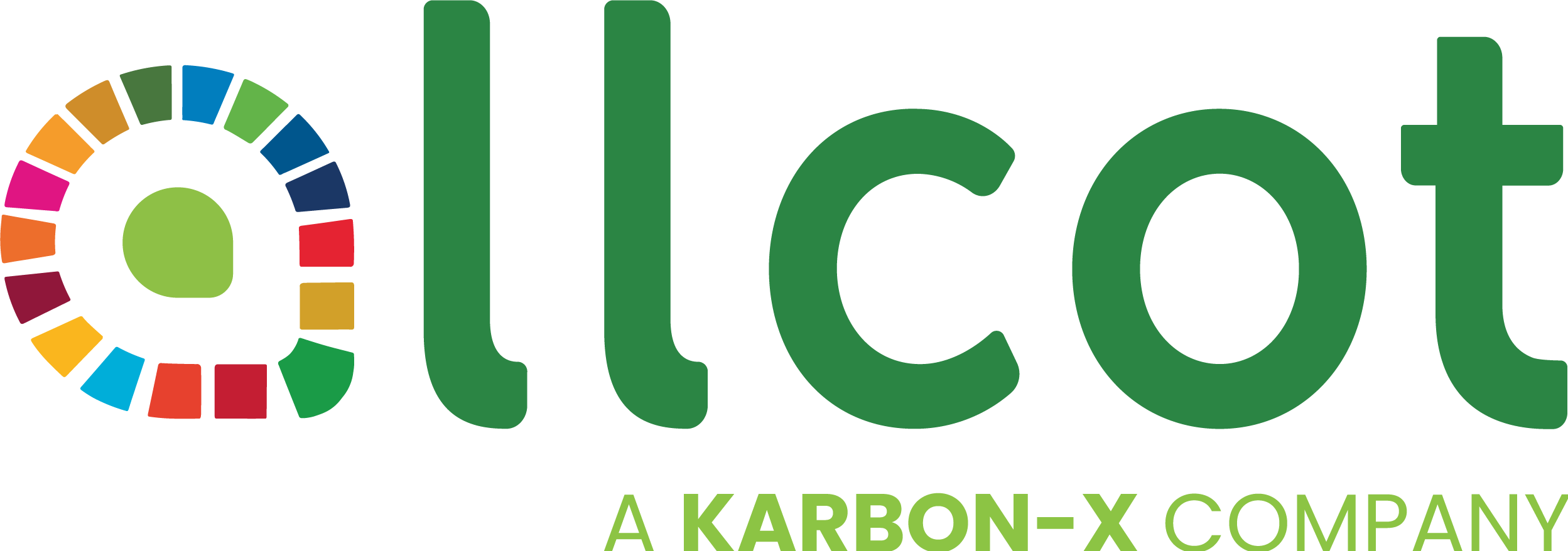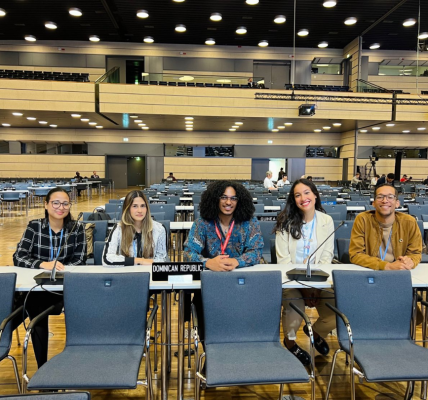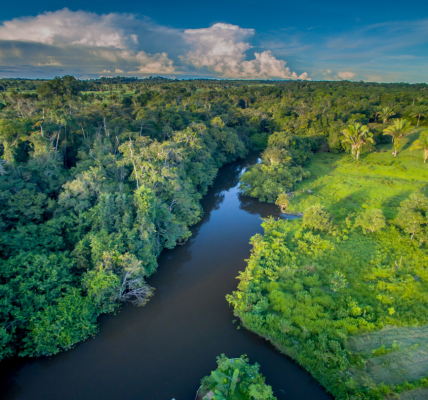As 2024 draws to a close, we reflect on a year of significant progress in carbon markets, but also on the critical gaps that remain.
This year has shown us what is possible when ambition is combined with collaboration:
Significant milestones in 2024:
- Voluntary Carbon Credit Cancellations: This year saw 147 million credits retired, setting a record and signaling a growing commitment by companies and governments to offset emissions.
- Resolution of the Baku Decision on Article 6.4: At last we have a clear direction. The decision has clarified the rules for carbon trading under the Paris Agreement, unlocking the potential for large-scale international cooperation.
- CORSIA Technical Progress: Key progress has been made to align aviation with global climate goals, ensuring that this vital sector contributes effectively to emissions reductions.
- Emergence of New Carbon Markets: Subnational markets such as Colima in Mexico, now joined by Querétaro, and the continued development of the Chilean market are promising indicators of decentralization and expansion of climate finance mechanisms.
These achievements remind us that the foundations of a global carbon market are taking hold. The numbers tell a compelling story: demand for voluntary credits continues to grow, demonstrating that the world is taking action.
However, for those on the ground-communities, project developers and implementers-progress is not as rapid or equitable as it should be. Access to capital remains a formidable barrier, especially for projects in the Global South. The cost of capital is often prohibitive, and the financial risks associated with implementing carbon projects deter many investors from participating on a large scale.
To truly unlock the potential of carbon markets, we need flexible financial mechanisms to mitigate risks. These tools can reduce the risks of financing critical projects and bring much-needed resources to the regions that need them most. The lack of these mechanisms hinders the transition we urgently need and disproportionately affects those already on the front lines of the climate crisis.
At this time of year, my thoughts are with the key actors-project developers, community leaders, civil society and others who work tirelessly to turn ambition into reality. They are the ones who build trust within communities, acting as bridges between policy and action. Their resilience ensures that, even in the face of adversity, progress continues.
But let’s face the truth: while progress is visible, we are far from where we need to be. Debates over avoidance versus removal distract from the larger goal of scaling climate finance and generating impact. It is time to move beyond these divisions and unite around a shared goal of meaningful, measurable change.
As we close this year, the words of UN Secretary-General António Guterres resonate deeply:
“Climate finance is not charity; it is an investment. Climate action is not optional; it is an obligation.”
We must carry this mindset into 2025. It is not enough to recognize the gaps; we must work together to close them. This means creating financial systems that support and empower key actors, ensuring that resources reach those on the front lines of climate action. It means speaking with one voice on the importance of carbon finance and impact, rather than getting caught up in minor disputes or technicalities.
As 2025 approaches, let’s commit to driving action that matters, ensuring that progress is not just measured in credits retired or projects launched, but in the real, tangible impacts we deliver for the planet and its people.
Let 2025 be a year of progress, unity and global impacts!






